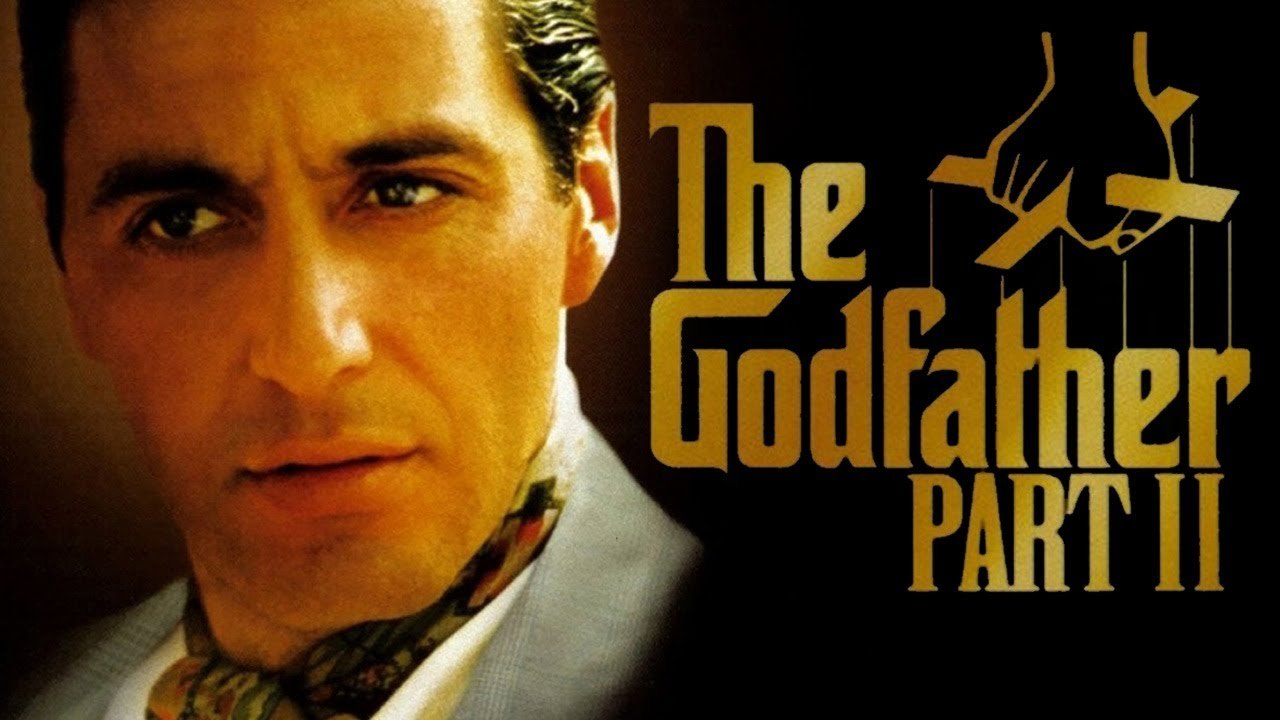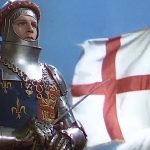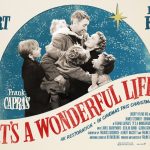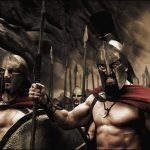The Godfather (1972)

“The Godfather,” directed by Francis Ford Coppola and based on Mario Puzo’s novel of the same name, stands as one of the most iconic films in cinematic history. Released in 1972, this epic crime drama transcends its genre, offering a profound exploration of power, family loyalty, and the consequences of choices made in the pursuit of ambition.
Set in the turbulent world of organized crime in post-World War II America, the film unfolds the saga of the Corleone crime family, led by the patriarch Vito Corleone (played by Marlon Brando). Known as Don Vito, he is both feared and respected, embodying a complex blend of ruthlessness and paternal warmth. The narrative primarily focuses on the transformation of his youngest son, Michael Corleone (played by Al Pacino), from a reluctant outsider to a ruthless heir to the family empire.

Central to the film’s narrative is the theme of power and its corrupting influence. Don Vito’s underworld empire operates on a delicate balance of loyalty, honor, and brutal pragmatism. His principles of keeping family and business separate are tested as rival mob families vie for control and internal conflicts threaten to tear the Corleone family apart. The juxtaposition of violence and tenderness within the Corleone family dynamics underscores the film’s exploration of morality and the blurred lines between right and wrong in pursuit of power.
Michael Corleone’s character arc is a compelling study of transformation and moral descent. Initially aloof from his family’s criminal activities and determined to lead a legitimate life, Michael is drawn into the world of organized crime following a series of tragic events. His evolution from a war hero with moral reservations to a ruthless mafia leader willing to exact vengeance reveals the film’s exploration of the corrupting influence of power and the consequences of embracing one’s destiny.
The film’s visual and narrative richness is complemented by its iconic performances. Marlon Brando’s portrayal of Don Vito Corleone, with his gravelly voice and understated authority, remains a defining cinematic portrayal of a crime boss. Al Pacino’s portrayal of Michael Corleone, initially hesitant and morally conflicted, evolves into a chilling portrayal of a man consumed by ambition and revenge.

Beyond its exploration of power dynamics, “The Godfather” delves into themes of family loyalty and betrayal. The intricate relationships among the Corleone siblings, including the volatile Sonny Corleone (played by James Caan) and the conflicted Fredo Corleone (played by John Cazale), highlight the personal sacrifices and betrayals that accompany a life of organized crime. These familial conflicts add depth to the narrative, illustrating the high stakes of loyalty and the tragic consequences of betrayal within the criminal underworld.
The film’s enduring legacy extends beyond its critical acclaim and box office success. “The Godfather” has left an indelible mark on popular culture, influencing subsequent crime dramas and spawning a trilogy that continues to captivate audiences worldwide. Its themes of power, loyalty, and betrayal resonate across generations, inviting viewers to contemplate the moral complexities of ambition and the enduring allure of the criminal underworld.

In conclusion, “The Godfather” remains a cinematic masterpiece that transcends its genre, offering a profound exploration of human nature, morality, and the consequences of choices made in pursuit of power. Francis Ford Coppola’s masterful direction, coupled with standout performances and a compelling narrative, solidifies “The Godfather” as a timeless classic that continues to resonate with audiences, cementing its place in the pantheon of great American cinema.
“The Godfather” stands as a testament to the enduring power of storytelling and the complexities of the human condition, making it a cultural touchstone that continues to fascinate and provoke thought decades after its initial release.











